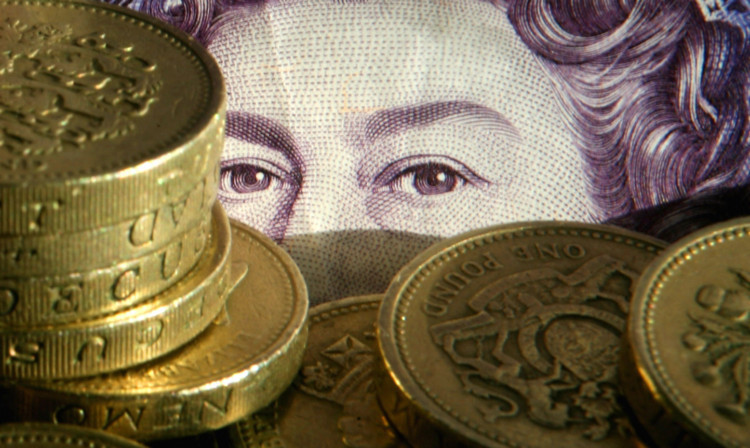Two-thirds of small firms believe banks “don’t care about their businesses”, a Scottish Parliament committee has heard.
Federation of Small Businesses external affairs chief Colin Borland told Holyrood’s Economy, Energy and Tourism Committee smaller companies still have difficulty accessing the finance they need, despite the gradual upturn in economic fortunes.
He appeared alongside figures from Scotland’s dominant business lenders and public agencies as part of the parliamentary group’s inquiry into bank and alternative funding.
Mr Borland said the body’s latest study of its members had found “about half” reporting poor availability, and that a third of respondents found borrowing remained unaffordable.
Though there is now a “slightly more positive” economic backdrop, he said the investment intentions revealed by between 20% and 25% of responding firms still lag some way behind an equivalent pre-crash figure of 45%.
“Two-thirds of our members said the bank didn’t really care about their business,” Mr Borland said.
Less than 30% of SMEs have access to alternative forms of finance, with the figure remaining lower in Scotland than the UK as a whole.
Committee witness Ken Barclay, chairman of the Scottish board of taxpayer-backed lender RBS and managing director of its corporate banking arm, insisted that providing access to finance and helping customers was important to the group.
Appearing before the committee alongside Alasdair Gardner of the Bank of Scotland with which RBS shares 70% of Scotland’s SME business lending Mr Barclay said RBS was determined to make up for failings identified as part of an independent review into its lending practices published earlier this month.
He said the bank was committed to “turning back the dial” to support more firms.
Mr Gardner, the Bank of Scotland’s regional managing director for commercial banking, said business lending there was up more than 5% year on year amid increasing demand.
But he admitted he and his colleagues “still have some work to do” on the bank’s record.
Ian McCall, head of the Scottish Government’s investment and access to finance policy unit, told the committee many companies were waiting for positivity to return to their markets before committing to fresh investment.
Scottish Investment Bank director Kerry Sharp told the committee its funds were targeted for growth and exporting, with the aim of ensuring maximum benefit to Scotland’s economy in the longer term.
Challenged by committee member Chic Brodie MSP over Scotland’s record on attracting European funding for schemes designed to support SMEs, Ms Sharp insisted the SIB was engaging with and seeking to understand the best opportunities available to Scottish firms.
Mr McCall added that the Scottish Government was currently in discussion over access to European Structural Funds, which, when matched, could help leverage business investment worth up to £500 million between 2014 and 2020.
